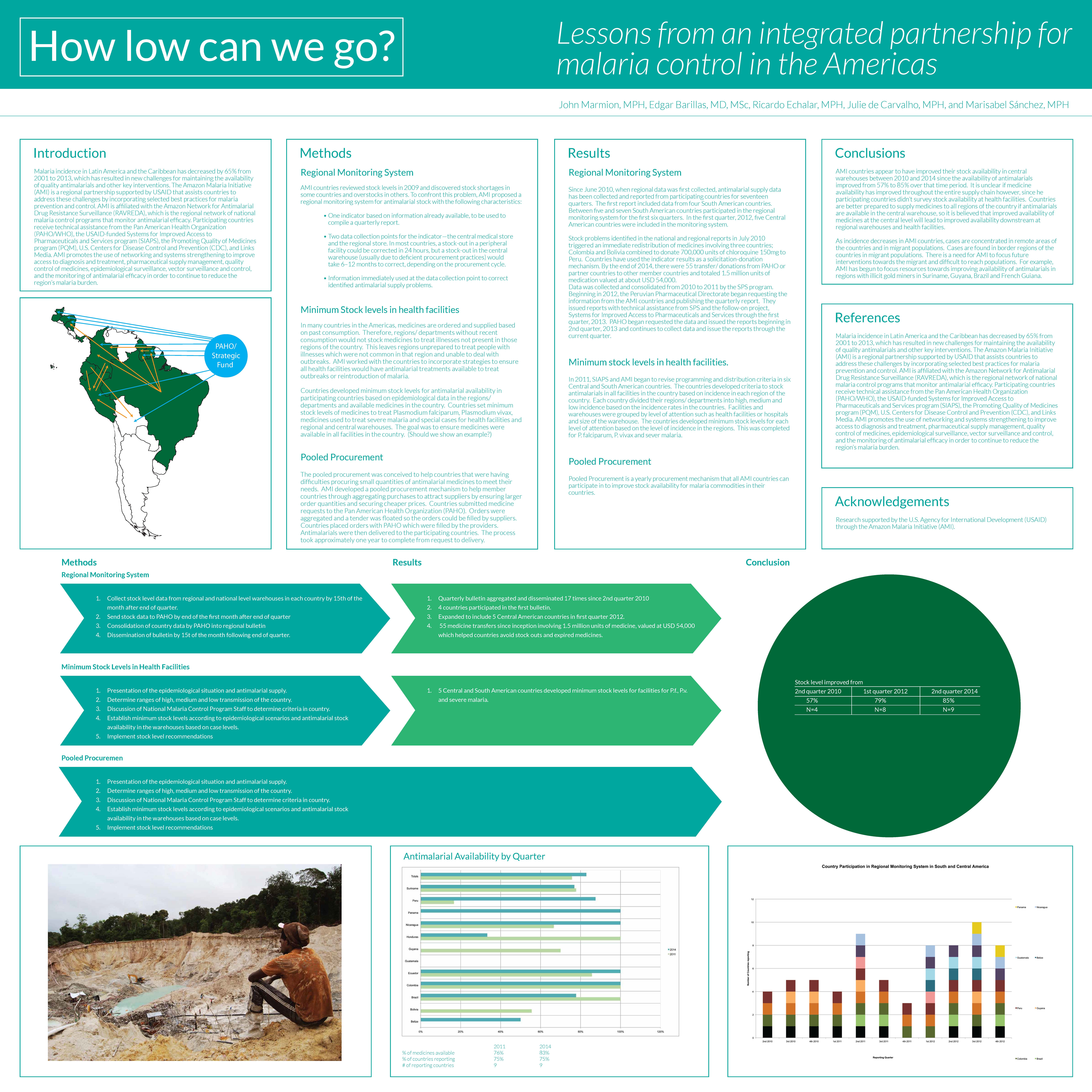Mali faces difficulty in ensuring the availability of HIV and AIDS medicines and supplies. Inadequate tools for quantifying the needs for medicines, poor donor coordination around the national HIV commodities forecasting, and an inadequate supply plan has affected not only the consensus on quantification results of HIV and AIDS commodities, but also the very commitment … Read more
Archive Success Story
Namibia’s First School of Pharmacy: From Creation to Graduation
On April 24, 2015, the first class of students graduated from the B.Pharm program at the University of Namibia (UNAM)–the first and only pharmacy degree program in the country. With the help of the USAID-funded SIAPS program, the Namibian Ministry of Health and Human Services was able to conceive, establish, and encourage enrollment in the B.Pharm … Read more
Empowering Swaziland CMS Managers to Improve Operations Efficiency in the Warehousing and Distribution of Pharmaceuticals
Katelyn Payne, SIAPS Project Associate; Gashaw Shiferaw, SIAPS Senior Technical Advisor; Phetsile Dlamini, SIAPS Senior Technical Advisor; Kidwell Matshotyana, SIAPS Country Project Director; and Wonder Goredema, SIAPS Senior Technical Advisor Download this article as a PDF The double burden of HIV/AIDS and TB has exacerbated already high poverty rates in Swaziland, with 63% of the … Read more
Enhancing the Delivery of Antiretroviral Treatment Using Mobile Dispensing Technology in Namibia’s Kavango and Zambezi Regions
Katelyn Payne, SIAPS Project Associate, Greatjoy Mazibuko, SIAPS Senior Technical Advisor, and Bayobuya Phulu, SIAPS Senior Technical Advisor Conquering Geographic Barriers At the Nankudu District Hospital in the North Eastern part of Namibia’s Kavango region, nurses are busy preparing antiretroviral treatment (ART) medicine packs—just one of the many duties they have to ensure patients receive … Read more
Accurate stock reporting: Ensuring the availability of laboratory commodities for HIV testing in Lesotho
By Almakio Phiri, SIAPS Lesotho Country Project Director; Katelyn Payne, Project Associate; Andreas Fusi, SIAPS Laboratory Logistics Advisor; and Pheello Pompong, SIAPS M&E and Communications Advisor Expanding Laboratory Testing Services Lesotho has the second-highest HIV prevalence rate in the world, with 22.9% of the population living with the disease. The severity of this public health crisis is … Read more
Angola: Better Patient Data, Better Supply Chain, Better Treatment Outcomes
The Problem In 2009, with the arrival of antiretroviral drugs (ARVs) c in Africa under the President’s Emergency Plan for AIDS Relief (PEPFAR), Angolans living with HIV were given a lifeline for living longer, healthier, and more productive lives. As of 2012, there were a quarter of a million people in Angola living with HIV. … Read more
The Drug and Therapeutics Committee: An Agent of Change at St. Mary’s Hospital
By Hailu Tadeg, Getachew Ayalew and Merresa Weldegebriel St. Mary’s Hospital: A Modern Hospital in an Ancient City St. Mary’s Hospital is located in one of Ethiopia’s most historic cities—Axum. Sitting at the base of the northern mountains of Ethiopia, Axum—capital of the Aksumite Empire—is one of the oldest continuously inhabited places in Africa. Today, … Read more
Lessons from an Integrated Partnership for Malaria Control in the Americas

Malaria incidence in Latin America and the Caribbean has decreased by 65% from 2001 to 2013, which has resulted in new challenges for maintaining the availability of quality antimalarials and other key interventions. The Amazon Malaria Initiative (AMI) is a regional partnership supported by USAID that assists countries to address these challenges by incorporating selected … Read more
Improving Access to Medicines by Filling the Information Gap
By Luciana Maxim, SIAPS Technical Consultant; Marie Paule Fargier, SIAPS Country Project Director; and Serigne Diagne, SIAPS Project Director Prior to 2013, Guinea’s public health facilities faced prolonged stock-outs of antimalarial medicines and health commodities. This was due in part to a shortage of products in the country, but also resulted from substandard reporting of … Read more
Creating Order from Disorder: De-junking Pharmaceutical Stores in South Sudan
Many health facilities and county-level stores in South Sudan are practically overflowing with medicines. For a young country plagued by political instability and insufficient health care infrastructure, an abundance of medical supplies may seem to be an advantage. Instead, the situation holds the potential for a public health catastrophe: many of these medicines are expired … Read more


